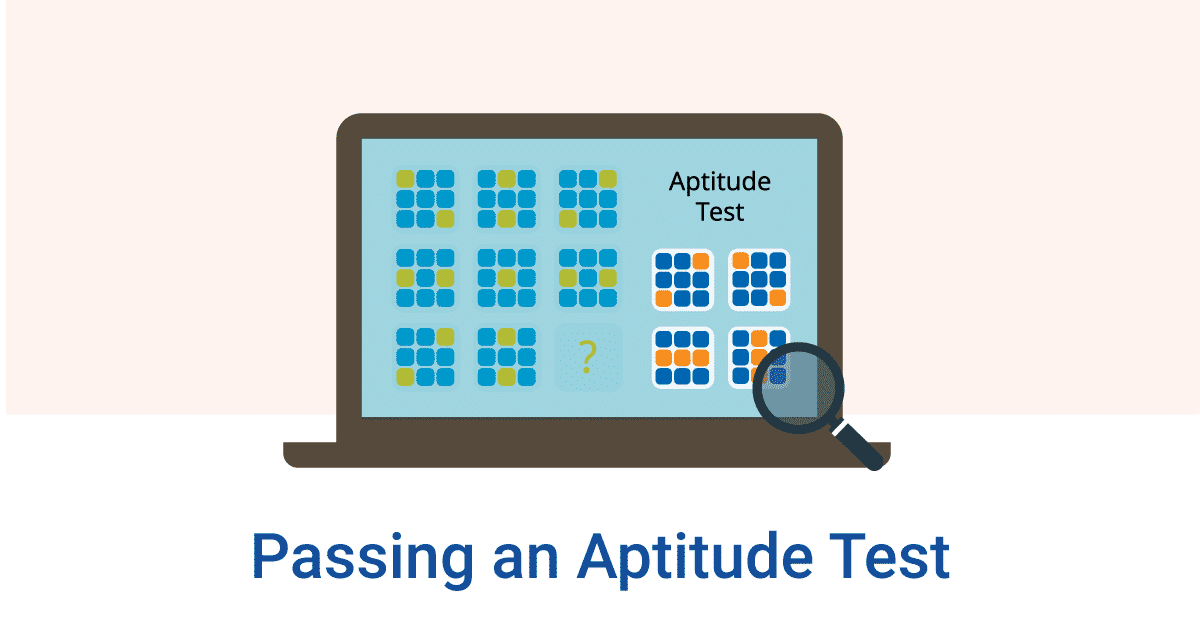Aptitude tests are designed to assess your thinking performance. Your results will be compared to those of the control group so that the examiner can judge your abilities. As a candidate, this is the time to display your professional skills and make a good impression, which will determine your movement to the interview stage.
Aptitude tests come in different formats – numerical, verbal, abstract, spatial, mechanical, personality, etc. and are usually timed, so the faster (and more correct) you are, the higher your chance of being shortlisted.
While recruiters see these tests as a saving grace, applicants see them as the Goliath they have to conquer, and if they have their way, they will avoid the tests at all costs. But, having the right strategies can give you just what you need to cross the hurdle successfully.
Here are 5 ways to overcome aptitude tests:
Table of Contents
1. Relax!
When you are about to write one, you may find your heart beating faster and your muscles tensed. This is a normal body response, but you cannot concentrate well if this continues. Therefore, you need to relax your mind and body. This test is to check what you already know, and if you have the right skills, there is nothing to worry about. You can start by taking five deep breaths.
2. Practice!
To feel more comfortable, you should take some practice tests. Many are available on the internet. This will help you know your weak areas and work on them. Ensure the tests relate to the one you want to write. If the actual one is a personality test, do not waste time practising mechanical tests.
3. Ask questions.
If you do not know the kind of test you will be writing, contact the organisation’s human resources department. Most of the time, a contact number or email will be included in your invitation letter. Do not be afraid to ask questions; they will answer you. Remember that they would not have included their contact information in the invite if they did not need your enquiries.
4. Time yourself.
Aptitude tests are always timed; whether you like them or not, the time will not wait for you, nor can you manipulate them. Therefore, you have to think and write fast. If you have difficulty answering a question, leave it and move on to others. You do not want to lose the opportunity to tick the right answers because you wasted time answering those you did not know.
5. Seek feedback.
It is necessary to know how well you performed in this test as this will give important insights into how your personality and reasoning have been judged and which areas to improve on. For personality tests, where there are no right or wrong answers, feedback will give you indicators of areas to improve yourself, and if you do not succeed at first, never give up. You will definitely be more confident and perform better the next time.
Have you ever written an aptitude test?
How did you fare?
Share your story in the comments section below. Cheers!





